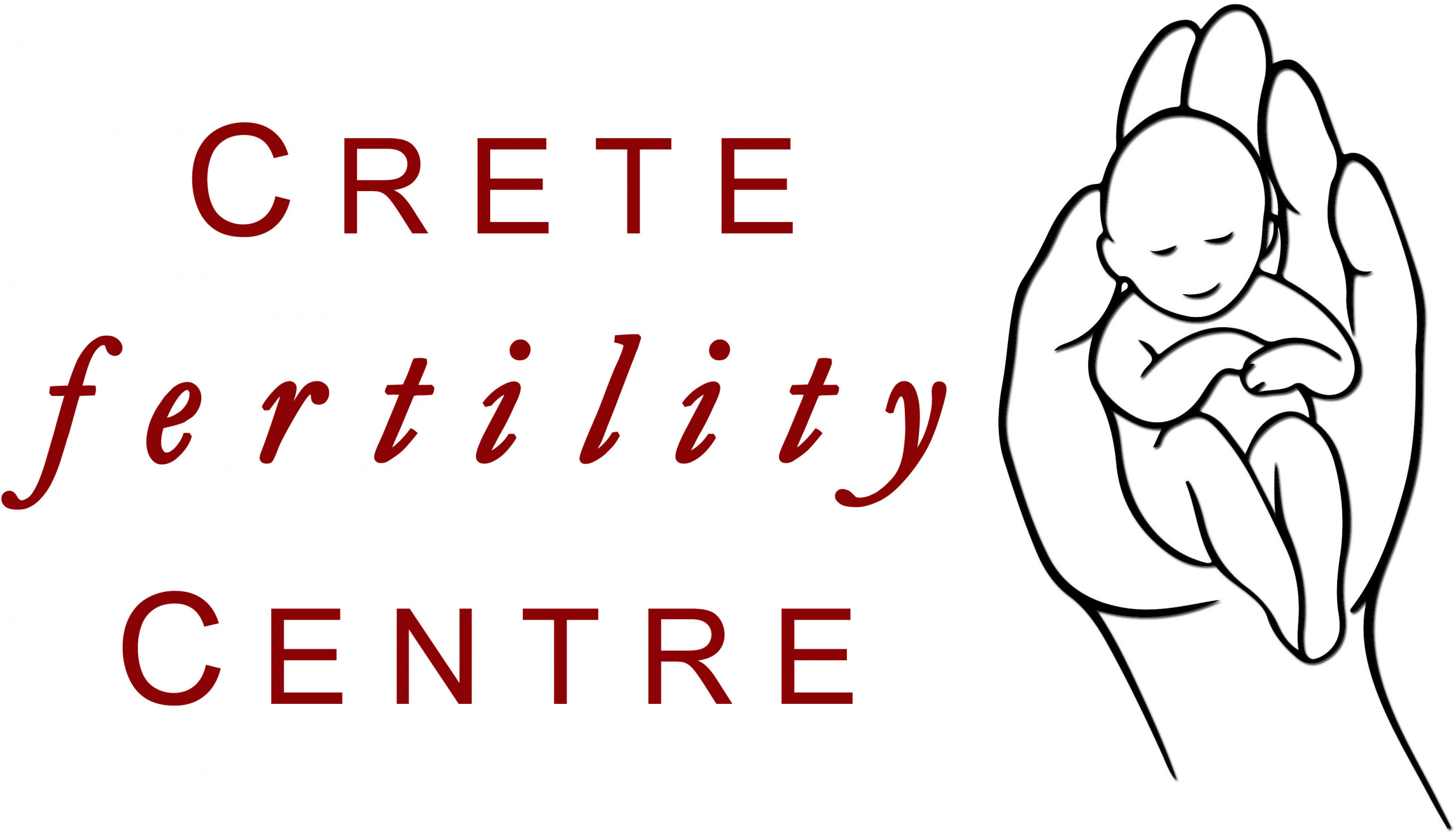12 Things to Know About Emerging Therapies for Menopause Reversal

Is menopause reversal actually feasible ?
New research makes the case that menopause reversal might be, if only momentarily. Melatonin therapy and ovarian rejuvenation are two potential treatments being studied by researchers. Each treatment seeks to lessen menopausal symptoms and restore regular ovulation.
Some people have ovarian rejuvenation procedures
Greek fertility physicians invented the procedure known as ovarian rejuvenation for menopause reversal. Platelet-rich plasma is injected into your ovaries during the surgery (PRP). PRP is a concentrated solution made from your own blood and is employed in different areas of medicine.
The process is based on the PRP’s inherent growth factors, which can help with:
Regeneration of tissue,increased blood flow, and decreased inflammation
The theory is that it may also reverse signs of aging in your ovaries and activate previously dormant eggs.
Doctors tested this in a small research with eight women in their 40s. Each of these women had gone around five months without a period. To assess how well their ovaries were working, researchers measured their hormone levels at the start of the study and every month after that.
All of the participants resumed their regular periods after one to three months. The mature eggs were then accessible to the doctors for fertilization.
Others are looking towards more natural options for menopause reversal
Researchers have been looking at the relationships between melatonin and menopause for a long time. Your pineal gland produces the hormone that promotes sleep, melatonin. According to earlier studies, the pineal gland starts to decrease as menopause approaches.
Melatonin is thought by scientists to be crucial in the synthesis of reproductive hormones. The levels of reproductive hormones start to fall off without it.
According to one study, women between the ages of 43 and 49 who received a nightly dose of 3 milligrams of melatonin had their periods return. These participants were either menopausal or in the perimenopausal stage. Ages 50 to 62 participants showed no impacts.
Melatonin may be a natural, risk-free method of postponing, or perhaps possibly reversing, menopause, though more research is needed in this area.
Getting pregnant after beginning perimenopause is doable.
Although difficult, being pregnant during perimenopause is not impossible. Your ovaries might start releasing eggs again after a surgery like ovarian rejuvenation.
Your ovaries’ mature follicles rupture during ovulation to release an egg or eggs. Ovulation becomes less regular after perimenopause sets in, and you don’t release a viable egg every month. The fact that your ovaries still contain healthy eggs is what matters.
The ovarian rejuvenation technique might aid in restoring or rebalancing the hormones that regulate follicle maturation and bursting. This will enable you to conceive naturally or will enable medical professionals to retrieve an egg for In-Vitro-Fertilization(IVF).
Researchers discovered that all four participants produced an egg that could be harvested for fertilization in the one peer-reviewed study that had been done up to that point.
And maybe even after menopause
Early-stage clinical trials have been carried out since 2015 by an international team of clinical researchers, which includes the Greek medical professionals who invented ovarian rejuvenation and a group of Californian medical professionals.
Of the more than 60 menopausal women (aged 45 to 64) who underwent the procedure, their unpublished data states that: more than 75% now have the option of becoming pregnant, most likely through IVF more than 75% have seen their hormone levels return to youthful levels nine have become pregnant two have given birth to live children
Before drawing any conclusions about the effectiveness of the medication, it is necessary to conduct extensive placebo-controlled trials because the findings are still very preliminary.
These treatments might address issues other than infertility
A daily dose of melatonin may lessen depressive symptoms and elevate mood for menopausal women, according to clinical investigations. Instead of regaining fertility, this treatment may be more appropriate for someone who wants to reduce menopause symptoms.
Melatonin may also offer older women protection from various malignancies, particularly breast cancer, and specific metabolic diseases. It has also been demonstrated to strengthen the immune system.
How long menopause reversal lasts ?
Although there is very little information on how long these therapies last, it is very obvious that the results are temporary. The worldwide team Inovium, which is conducting early-stage ovarian rejuvenation clinical studies, cryptically states that their course of treatment lasts “for the full duration of a pregnancy and beyond.”
In postmenopausal women, melatonin therapy has been shown to be useful in treating a variety of age-related illnesses. Although it won’t keep you fertile indefinitely, it might operate as a long-term safeguard against some age-related illnesses.
Additionally, you’ll definitely go through menopause symptoms once more.
The results of ovarian rejuvenation cannot be predicted with sufficient adequacy.
Doctors cite a few instances of elderly women returning for additional therapy. This implies that the ovarian rejuvenation process can only stop symptoms momentarily. The likelihood is that symptoms will reappear after the treatment stops functioning.
During your transition, melatonin may aid in easing menopause symptoms. There is no evidence that once you stop taking the supplements, your symptoms will suddenly return.
Does menopause reversal treatments include risks?
PRP injections are a part of the ovarian rejuvenation procedure. Even when PRP is created using your own blood, there may still be hazards involved. Although the studies have been modest and circumscribed, the majority of data on PRP injections indicate that they are safe to use. No analysis of the long-term impacts has been done.
The National Institutes of Health say that while melatonin supplements seem to be safe for short-term usage, there isn’t enough information to say the same for long-term use. Melatonin is generally well tolerated by most people because it is a hormone that occurs naturally.
When side effects do occur, they may include: nausea, headache, dizziness, and sleepiness.
Effectiveness
The researchers’ unpublished data outlines their experience treating 27 menopausal women. Less encouraging results than earlier data posted on their website can be seen from these ovarian rejuvenation operations.
Only two of the 27 women, or 40 percent, started menstruation once more, producing viable eggs that could be extracted. Only one of them got pregnant.
Pregnancy gets increasingly difficult with age. Due to genetic anomalies in the fetus, pregnancies in older women are more likely to fail.
Pregnancy issues like preeclampsia, gestational diabetes, cesarean births (C-sections), preterm births, and low birth weight are also more common in women over 40.
Not everybody qualifies for menopause reversal treatments
The majority of people are qualified to start melatonin therapy. Melatonin is accessible without a prescription, but it’s always a good idea to talk to a doctor before starting any new supplements.
To learn more, you can always ask the Crete Fertility Center
If you’re experiencing menopausal symptoms or if you’re unsure about whether you can still get pregnant, contact the Crete Fertility Center .




